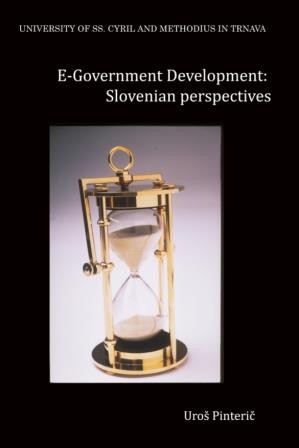Contemporary information-communication technologies (ICT) with
Internet in the first place among them have become more and more
important of everyday life on individual as well as on collective level.
Tool initially meant for easier transmitting of information and higher of
transmission potential of communication channels is becoming more and
more tool for changing society and its parts. In this context
multifunctionality is passing from personal and media use of ICT also in
the field of politics, policy and public administration. This is pressuring
political and governing structures into various changes connected to the
solely nature of contemporary political and administrative processes and
their capability of effective use of ICT, and especially internet (Gibson,
Lusoli, Rommele, Ward, 2004: 1-2).
Contents
Introduction
Setting and understanding the hypotheses
Methodological framework
Expected effects
Theoretical framework
Rule of Law and anticipativeness of functioning of public administration
Definition and role of contemporary public administration
New Public Management and some other approaches to the public sector reforms
Administrative culture
Informatization of public administration
Strategic and legal aspects of e-government and e-governance in Slovenia
Definition and role of administrative participation
Administrative communication and information society
E-mail in public administration in Republic of Slovenia
National – central level of public administration ad use of e-mail
Example of positive practice in e-services in Slovenian public administration: administrative units
Slovenian municipal administration and use of e-mail
General characteristics of research and conclusion
Literature
Index



